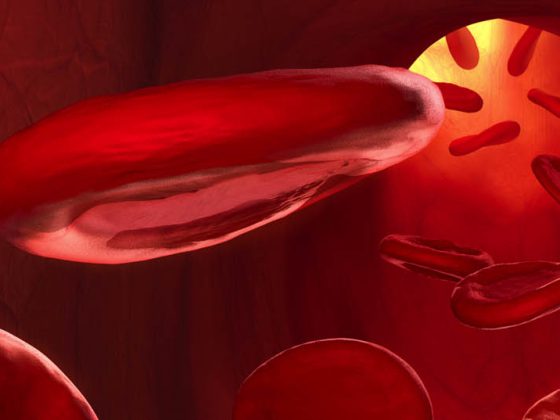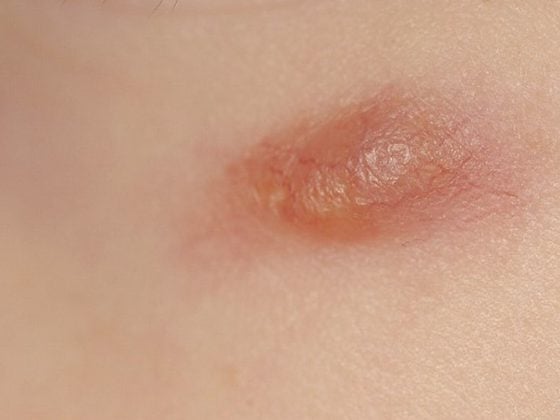Prospective analysis of a phase III trial of metastatic colorectal cancer shows that higher vitamin D levels provide better outcomes. Patients not only lived significantly longer, but also later became resistant to chemotherapy. Why is that? This question was explored at the 2015 Gastrointestinal Cancers Symposium in San Francisco.
The CALGB 80405 study served as the basis for the prospective analysis. In this, we investigated chemotherapy plus bevacizumab and/or cetuximab (before KRAS-WT adjustment) in patients with untreated metastatic colorectal cancer. Primarily, the analysis presented at the ASCO-GI Congress focused on the association between vitamin D level (25[OH]D) and overall survival. In addition, progression-free survival was also of interest. It is the largest study of its kind to date.
Plasma levels of vitamin D were collected at baseline by radioimmunoassay, and dietary and lifestyle habits by questionnaire. Median 25(OH)D was 17.2 ng/ml, corresponding to deficiency (range 2.2-72.7 ng/ml, n=1043). Nevertheless, only a vanishingly small proportion of patients reported taking vitamin D supplements.
33 percent risk reduction
Overall survival after chemotherapy and targeted therapy was significantly prolonged by approximately eight months in patients in the highest 25(OH)D quintile compared with data from the lowest quintile (32.6 vs. 24.5 months; HR 0.67, 95%CI 0.53-0.86, p-trend <0.002). The risk of mortality was thus a full 33% lower when patients had sufficiently high vitamin D levels. The same trend was found for progression-free survival (12.2 vs. 10.1 months; HR 0.80, 95% CI 0.64-1.01, p-trend = 0.02) – again, a 20% risk reduction. Pathologic and clinical factors that might play a role in prognosis were included in the calculation. Results were consistent across all subgroups (including KRAS mutation status). There was also no significant difference within the different treatment arms.
Open questions, future studies
Does vitamin D actually slow down tumor growth itself, and if so, how does this process take place? Or does vitamin D rather increase the activity of the treatment? These questions must remain open for the time being – however, data suggesting an antitumor effect are accumulating [1]. Despite the impressive results at first sight, the exact causal relationship between 25(OH)D and outcome factors in colorectal cancer remains obscure. Could there possibly be another factor at the beginning that affects both the vitamin D level and the tumor? In addition, this is an observational study with all the associated limitations. Therefore, studies are currently being planned to randomly test vitamin D supplementation in cancer, particularly in the indication of colorectal cancer. The effects are also to be tested in prevention.
A randomized, double-blind phase II trial with the two treatment arms standard chemotherapy plus bevacizumab and 400 IU/d vitamin D or the same regimen plus 8000 IU/d vitamin D for two weeks (initial dose) and 4000 IU/d vitamin D (maintenance dose) has already enrolled 80 subjects.
Source: Ng K, et al: Vitamin D status and survival of metastatic colorectal cancer patients: results from CALGB/SWOG 80405 (Alliance). J Clin Oncol 2015; 33(suppl 3; abstr 507).
Literature:
- Zgaga L, et al: Plasma Vitamin D Concentration Influences Survival Outcome After a Diagnosis of Colorectal Cancer. JCO 2014, July 7 [Epub ahead of print] doi: 10.1200/JCO.2013.54.5947.
InFo ONCOLOGY & HEMATOLOGY 2015; 3(3-4): 3.











